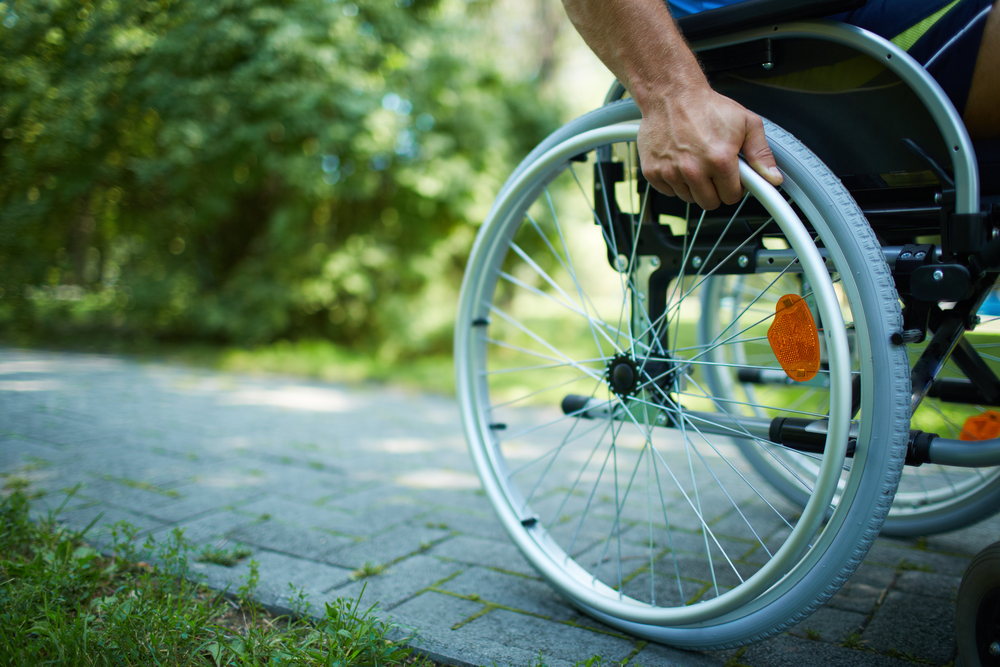Some accidents result in injuries that improve after physical therapy or other medical treatments. In other cases, however, accidents cause severe, lifelong injuries. These types of injuries — known as catastrophic injuries — can be caused by a wide variety of accidents, including car crashes, trip and falls, construction site incidents, bicycle accidents, motorcycle collisions, and other circumstances. If you’ve suffered a catastrophic injury as a result of someone else’s negligence, you may be entitled to compensation by filing a personal injury action.
Types of Catastrophic Injuries
A catastrophic injury is one that has a long-term impact on a victim’s ability to work and participate in the activities they once enjoyed. Unlike a non-catastrophic injury, where a victim is expected to regain the abilities they had prior to the accident, a catastrophic injury will typically affect the victim for life. In most cases, it is not possible for the victim to make a full recovery.
There are many different types of catastrophic injuries that can arise due to someone else’s negligence, including:
- Traumatic brain injuries
- Amputation
- Severe burns
- Loss of sight
- Hearing loss
- Spinal cord injuries
- Paralysis
- Traumatic orthopedic injuries
- Neurological damage
Catastrophic injuries typically result in a victim incurring substantial medical bills and lost wages. If the injury causes permanent disability, a victim may not be able to reenter the workforce at all. In addition, these types of severe injuries may cause a victim to experience a considerable amount of physical pain and emotional suffering. In such cases, a victim may file a personal injury action to hold the negligent party accountable for their monetary and non-monetary losses.
Obtaining Compensation for Catastrophic Injuries
Catastrophic injury claims often require the use of expert witnesses to help a jury draw conclusions and determine the full value of a case. These individuals can be critical to paint a picture to the court regarding how a victim’s injuries affected them on a day-to-day basis, and the long-term impact they will have. Depending on the facts and circumstances, a variety of experts may be brought in to testify at trial, including medical experts, economists, mental health experts, accident reconstructionists, and others.
A medical expert witness may be needed to testify whether a victim is likely to experience lifelong disability or complications. They can also help to estimate the costs associated with future medical treatment and explain how a victim’s injuries interfere with their ability to carry out tasks in their daily life and work. Similarly, an economist may be brought into a case to calculate recoverable losses. An accident reconstructionist can recreate the scene to prove causation and liability.
In catastrophic injury cases, the amount of compensation awarded for a victim’s economic and non-economic damages can be significant. It typically considers not only the losses that have already been suffered, but also those that will be incurred in the future. A victim with a catastrophic injury may be entitled to monetary recovery for their current and future medical costs, past and future lost earnings, out-of-pocket costs, and pain and suffering. If the defendant’s actions were particularly egregious, punitive damages may be imposed as a form of punishment — and to deter others from engaging in similar behavior.
Contact an Experienced New York Personal Injury Attorney
If you sustained a catastrophic injury, it’s crucial to pursue compensation for your economic and non-economic damages. An experienced personal injury attorney can fight for the monetary recovery you deserve and work to hold the negligent party responsible for their wrongdoing. The Dearie Law Firm, P.C. has represented victims who have suffered catastrophic injuries for over three decades and strives to obtain the best possible outcomes in each of their unique cases.
The Dearie Law Firm, P.C. has convenient office locations in Manhattan, the Bronx, and Brooklyn, as well as mobile locations serving Brooklyn, Queens, Manhattan, the Bronx, Staten Island, Westchester County, Rockland County, Nassau County, and Suffolk County. Contact us today for a consultation.

